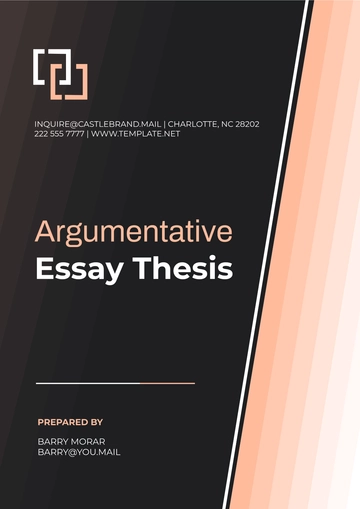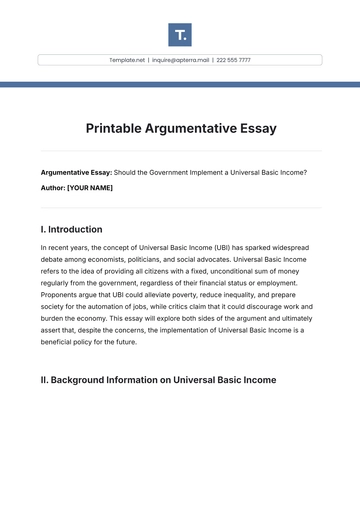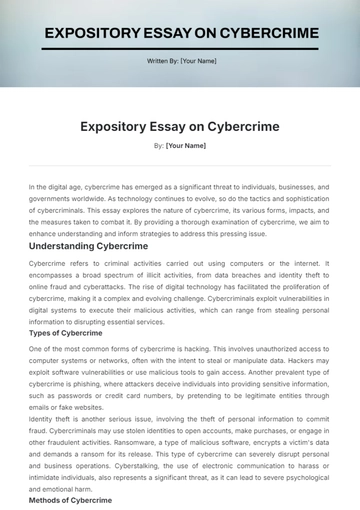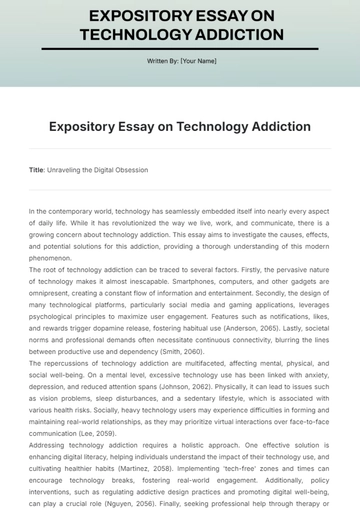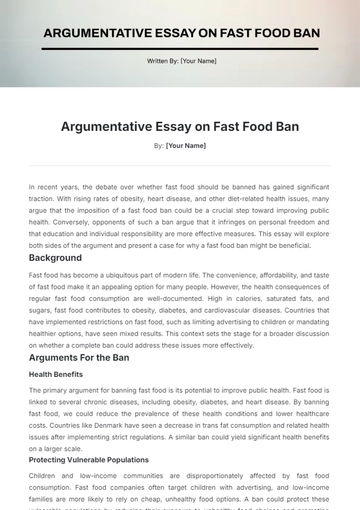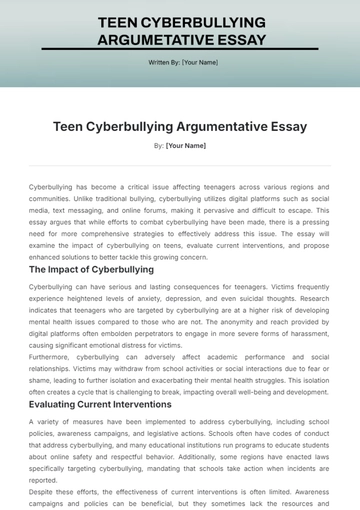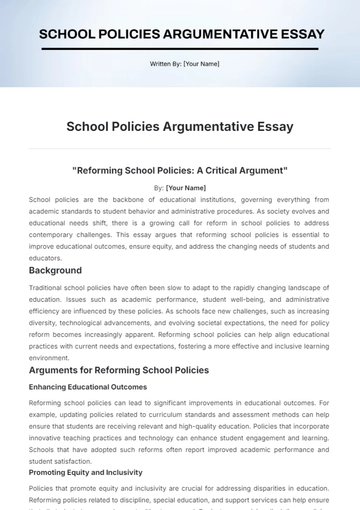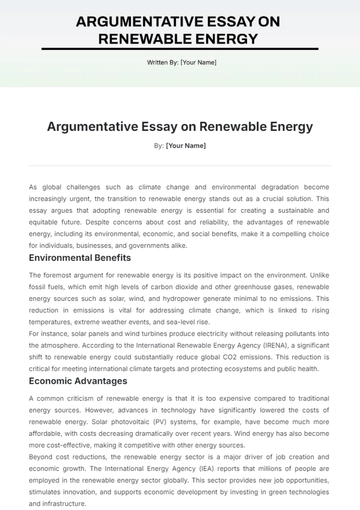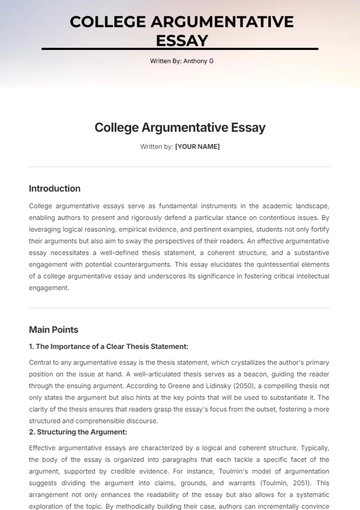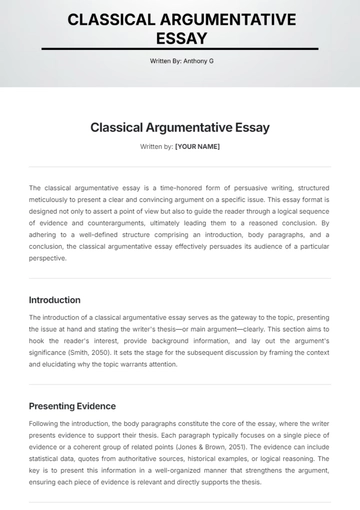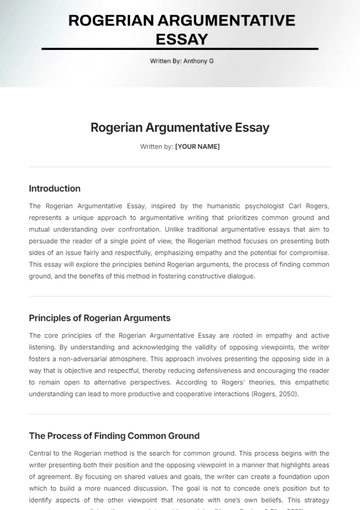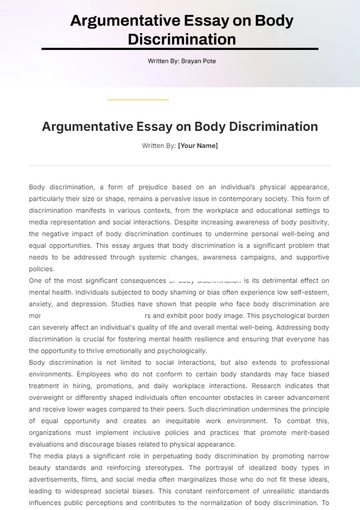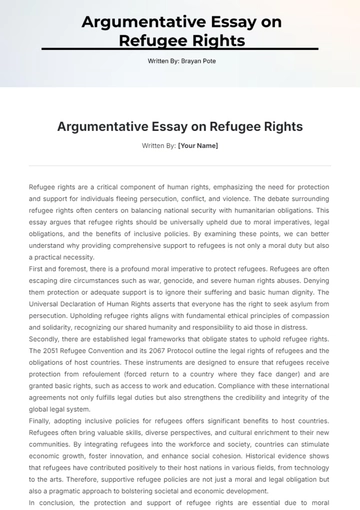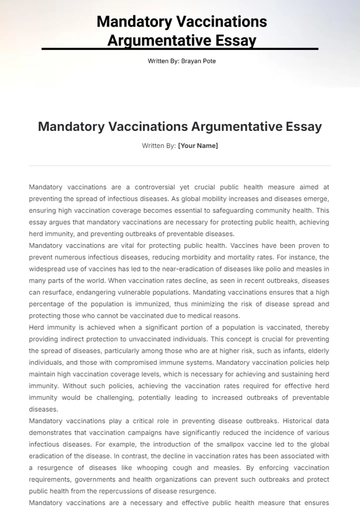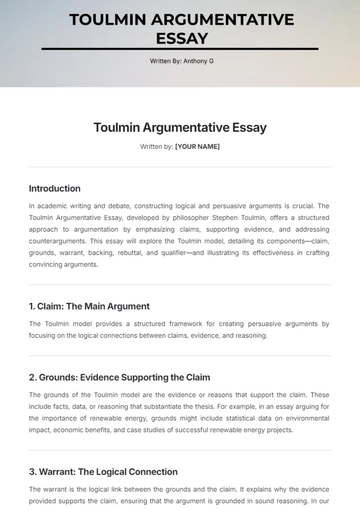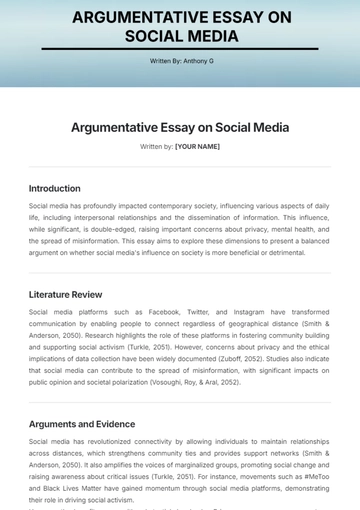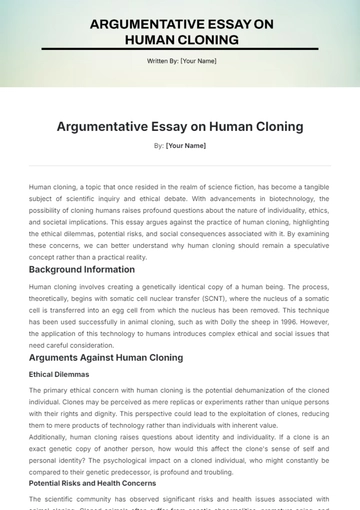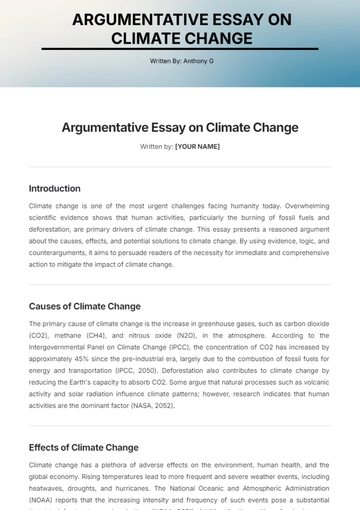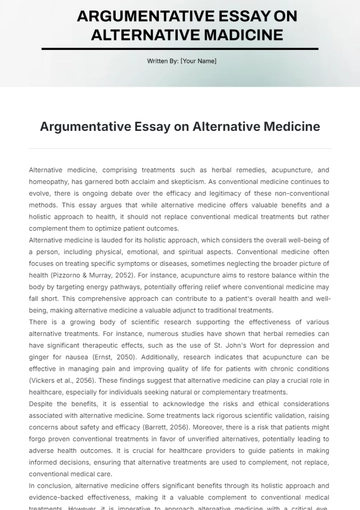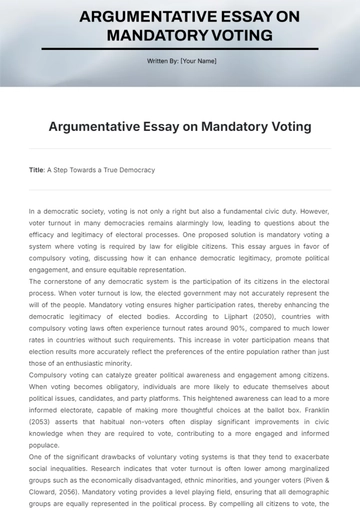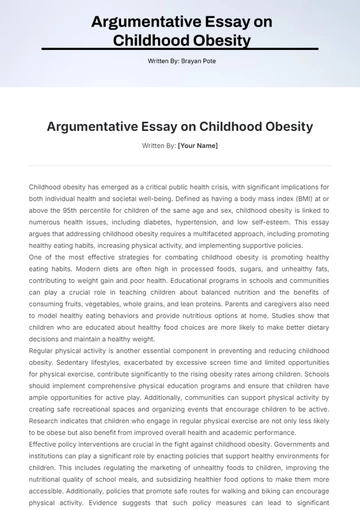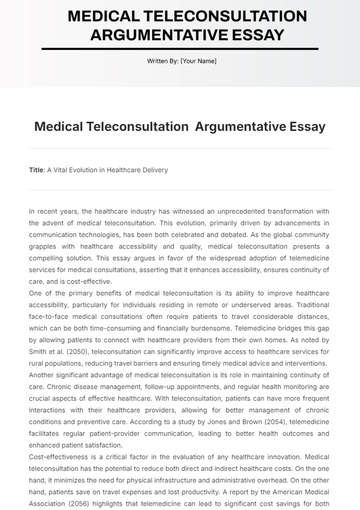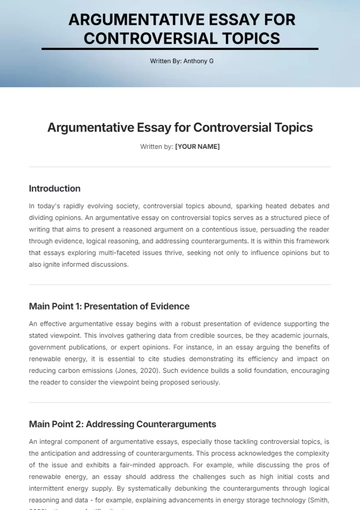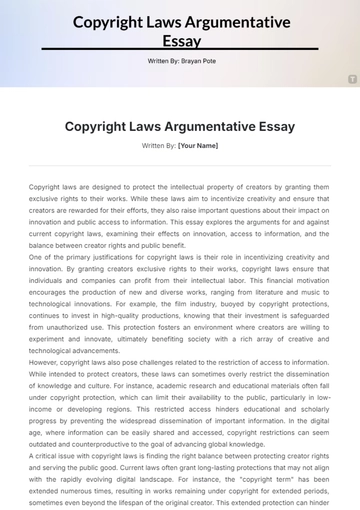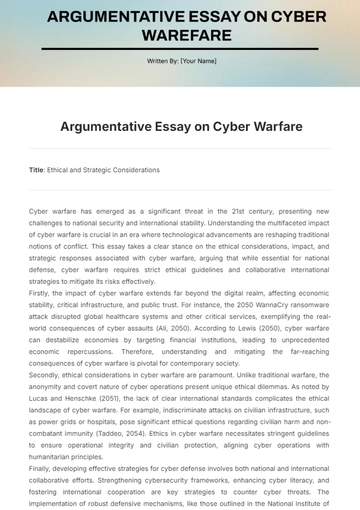Free Recycling Mandates Argumentative Essay
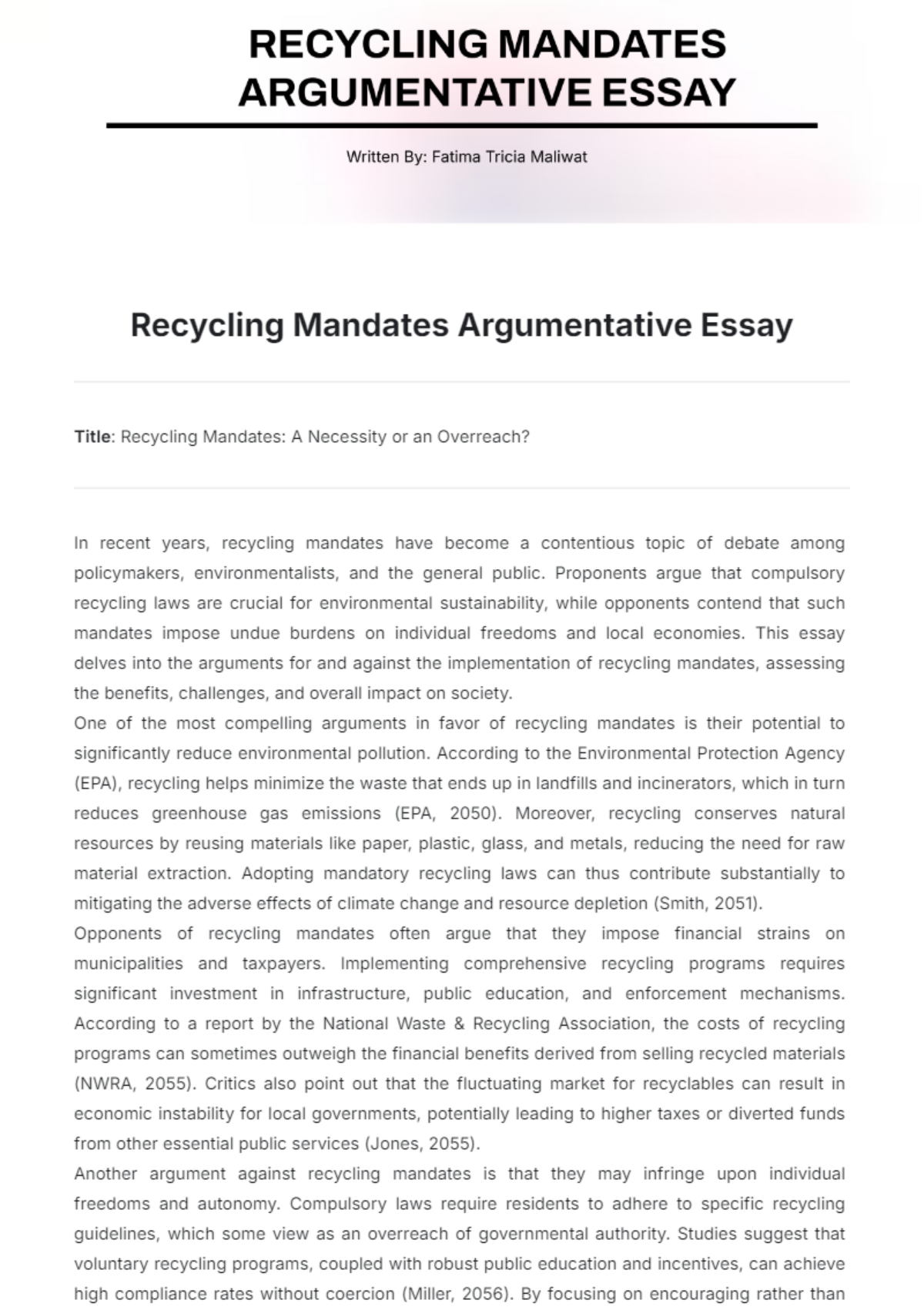
Title: Recycling Mandates: A Necessity or an Overreach?
In recent years, recycling mandates have become a contentious topic of debate among policymakers, environmentalists, and the general public. Proponents argue that compulsory recycling laws are crucial for environmental sustainability, while opponents contend that such mandates impose undue burdens on individual freedoms and local economies. This essay delves into the arguments for and against the implementation of recycling mandates, assessing the benefits, challenges, and overall impact on society.
One of the most compelling arguments in favor of recycling mandates is their potential to significantly reduce environmental pollution. According to the Environmental Protection Agency (EPA), recycling helps minimize the waste that ends up in landfills and incinerators, which in turn reduces greenhouse gas emissions (EPA, 2050). Moreover, recycling conserves natural resources by reusing materials like paper, plastic, glass, and metals, reducing the need for raw material extraction. Adopting mandatory recycling laws can thus contribute substantially to mitigating the adverse effects of climate change and resource depletion (Smith, 2051).
Opponents of recycling mandates often argue that they impose financial strains on municipalities and taxpayers. Implementing comprehensive recycling programs requires significant investment in infrastructure, public education, and enforcement mechanisms. According to a report by the National Waste & Recycling Association, the costs of recycling programs can sometimes outweigh the financial benefits derived from selling recycled materials (NWRA, 2055). Critics also point out that the fluctuating market for recyclables can result in economic instability for local governments, potentially leading to higher taxes or diverted funds from other essential public services (Jones, 2055).
Another argument against recycling mandates is that they may infringe upon individual freedoms and autonomy. Compulsory laws require residents to adhere to specific recycling guidelines, which some view as an overreach of governmental authority. Studies suggest that voluntary recycling programs, coupled with robust public education and incentives, can achieve high compliance rates without coercion (Miller, 2056). By focusing on encouraging rather than mandating recycling, communities can foster a culture of environmental responsibility that respects personal choice and freedom.
In conclusion, the debate over recycling mandates is multifaceted, encompassing environmental, economic, and ethical considerations. While mandatory recycling laws undoubtedly offer substantial environmental benefits, they also present financial challenges and raise questions about individual liberty. Policymakers must carefully weigh these factors to develop balanced solutions that promote sustainability without imposing excessive burdens. By combining regulatory measures with incentives and education, it is possible to achieve high recycling rates and foster a more environmentally conscious society.
- 100% Customizable, free editor
- Access 1 Million+ Templates, photo’s & graphics
- Download or share as a template
- Click and replace photos, graphics, text, backgrounds
- Resize, crop, AI write & more
- Access advanced editor
Craft a compelling essay with ease using the Recycling Mandates Argumentative Essay Template from Template.net. This fully customizable and editable template allows you to outline strong arguments and counterarguments. Editable in our AI Editor Tool, it helps you create a professional, polished essay that aligns with your viewpoint on recycling regulations.
